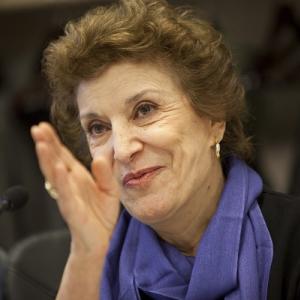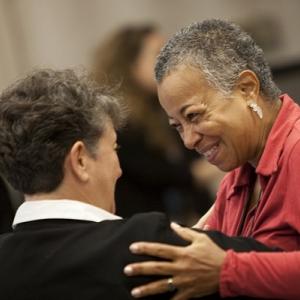History and People
WLP partners share a common vision of a peaceful future where every individual will have an equal opportunity to realize her or his full potential. Our hope is that one day the architecture of human relations will support the equal rights, human security, and advancement of everyone.
WLP and the 21st Century Women’s Rights Movement
In the Global South, and in particular in Muslim-majority countries, hundreds of thousands of women have been inspired to become engaged in public life and political action. Women are speaking out in their communities and demanding change. They are voting, participating in rallies, and running for political office. They are shoring up civil society by launching new institutions and programs that address humanitarian issues and human rights. They are demanding social and legislative reforms to free women from sexual harassment and gender-based violence. And they are advocating for legal changes to give women equal opportunities in education and employment, and to have equal rights to divorce and marriage, inheritance, property ownership, and passing down one’s nationality to one’s children.
Despite the progress in women’s participation, there is still a wide gap between the engagement and decision-making of men in society, and of women. There is a discrepancy between men’s and women’s wages almost everywhere in the world. In many of the countries where WLP operates, there is a substantial lag between the passage of progressive laws that promote and protect women, and actual compliance with those laws. And while most of the world has signed and ratified international human rights treaties and women’s rights treaties, governments are not fulfilling the promises they made.
The WLP Partnership is working to address these gaps, discrepancies, and unfulfilled promises—locally, regionally, and globally—because we know that when women are given equal opportunities, the whole world benefits from their productivity and contributions. Women are not just the most frequent victims of poverty and violence, they are also the world’s greatest untapped resource for leadership, reform, and progress.


